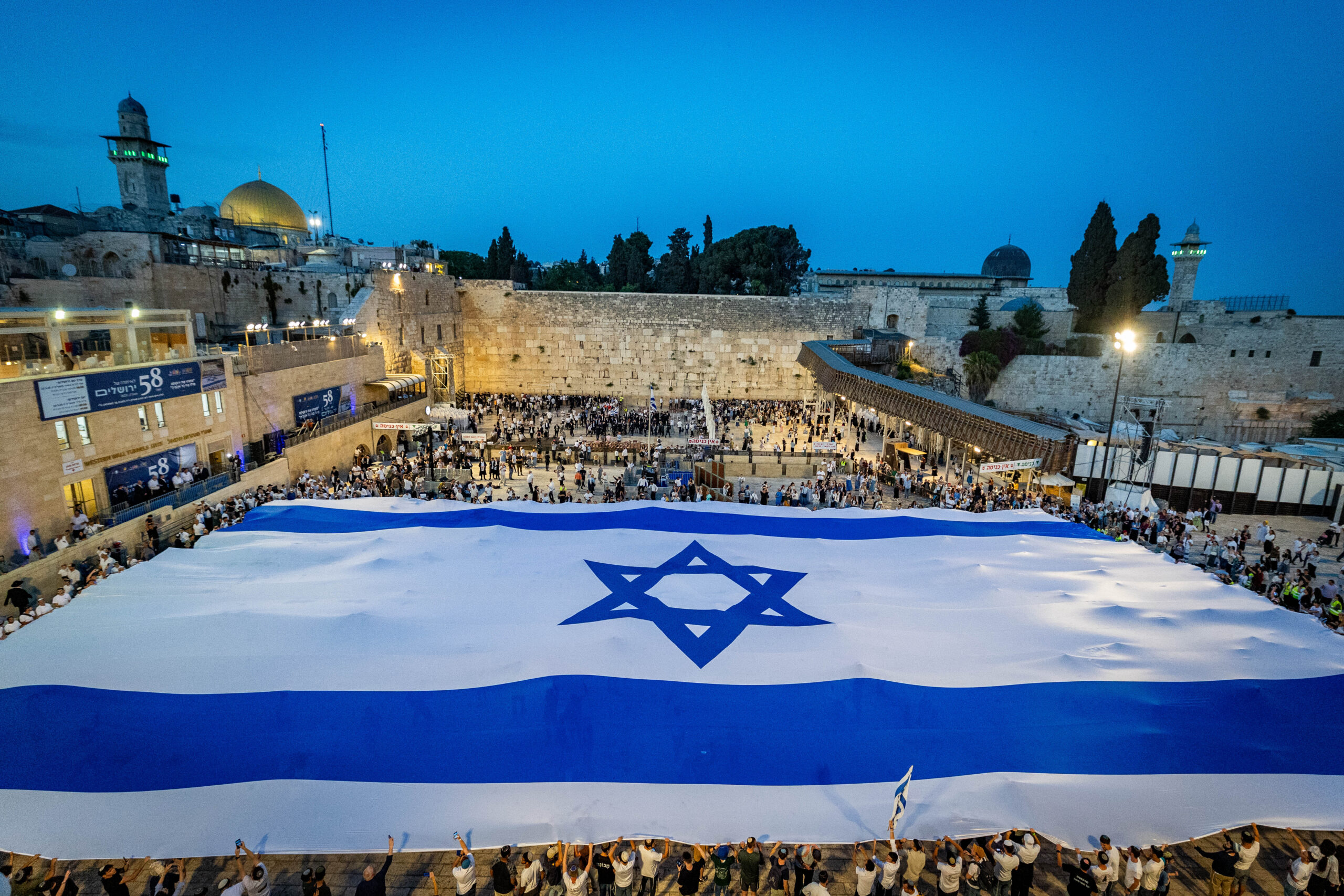In a landmark decision, U.S. District Judge Trevor N. McFadden ruled that forcibly seizing an Israeli flag from a pro-Israel demonstrator amounts to racially motivated discrimination against Jews. The Trump-appointed judge compared the act to the use of a racial slur, underscoring that the Star of David on the flag is an emblem of the Jewish race, not merely a political symbol.
The case stemmed from a November 2024 protest in Washington, D.C., where activist Kimmara Sumrall, draped in the Israeli flag, said she was grabbed from behind by a pro-Palestinian protester, partially choking her. The attacker was acquitted in criminal court, but Sumrall pursued a civil restraining order. Judge McFadden granted it, citing the lower burden of proof in civil cases. He rejected the defense’s claim that the flag was a purely political emblem representing the State of Israel, noting that the assailant had no reason to believe Sumrall was connected to the Israeli government. In the judge’s view, the incident targeted her Jewish identity.
McFadden’s decision relied on provisions of the Civil Rights Act of 1866, a post-Civil War statute that allows victims of racially motivated assaults to bring federal civil suits. This interpretation, legal observers say, could set an important precedent for prosecuting antisemitic violence in the United States. The National Jewish Advocacy Center, which represented Sumrall, hailed the ruling as a breakthrough, describing it as “the strongest language yet” equating anti-Zionism with antisemitism. They expressed hope that it would open the door for similar civil rights claims in the future.
Critics saw the decision differently. Code Pink, the anti-Israel group that organized the protest, condemned the ruling as a dangerous conflation of political dissent with hate speech, warning that it could chill criticism of Israel’s policies—even from Jewish voices.
While the ruling is not a binding precedent in other federal courts, the language McFadden used could influence future civil rights cases involving antisemitism. It also intensifies the national debate over the line between legitimate political protest and racially motivated hate. For Jewish advocacy groups, it is a sign that U.S. courts may be more willing to recognize attacks on Jewish symbols—even in politically charged contexts—as a form of racial discrimination.




